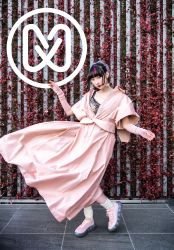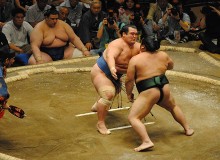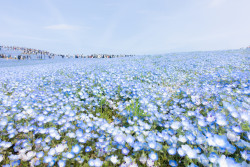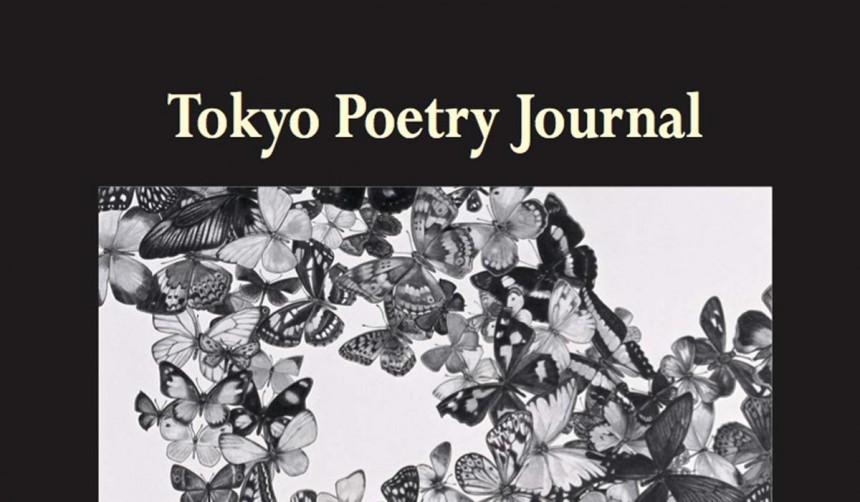
Tokyo Poetry Journal
Poetry is not something most people read or even think about much these days. And yet, it surrounds us in the jingles and songs we hum and the tag lines from advertisements that we use in conversation. It might even be argued that we practice something similar on social media as we attempt to capture poignant moments, feelings or ideas in a snapshot of words that we hope will move or enlighten. Poetry, perhaps, is more present than we realize.
Motivated by a love of the form and a desire to bring it back in the spotlight, the founders of Tokyo Poetry Journal (ToPoJo) banded together in 2015 to create a tangible place for readers to find and experiment with the form. Events, along with a semi-annual journal, give poetry a place in Tokyo to be seen as well as heard. The latest issue, Volume 4, Heisei Generations, is an especially interesting example of the exciting work underway.
Bringing together 49 contributors of Japanese and foreign origins, Heisei Generations emphasizes poetry in translation. Jordan A. Y. Smith, ToPoJo’s Japanese Poetry editor, points out in his introduction that “one selection criterion was that the poet not have a solo collection out in English.” In this way, readers are afforded a glimpse into a world of poetry that for many would be inaccessible or even entirely unknown to them.
Like any form of art, poetry is not always easy or relatable. Certainly, each reader will discover that for themselves in these pages. But they will also find poems that resonate with them, often in unexpected ways.
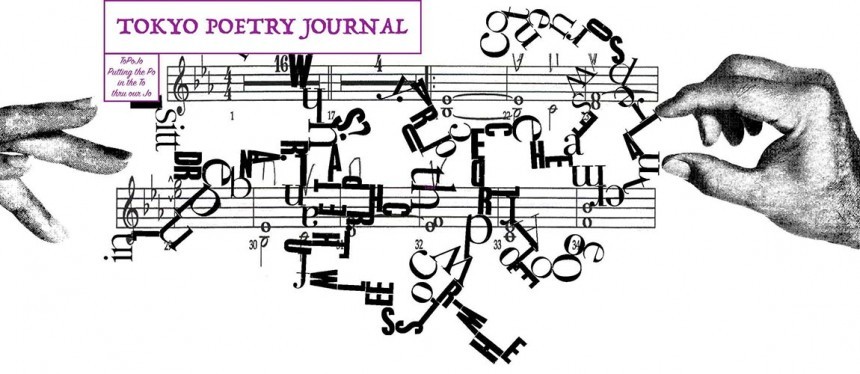
Nagae Yuki’s “Night of the Yukar” evokes such powerful images of a summer night that it transported me to cicada-filled evenings here in Japan and the star-filled nights in my native country. I am haunted by the butterfly and the cell phone in Minamikawa Yuko’s “Butterfly” and shift uncomfortably in my chair as I read Tanaka Atsusuke’s “Memory of Summer.” First love and betrayal on a beach is not an uncommon theme, and still, years later, (more than thirty, in my case), I am surprised to realize that the poet touches on a still tender spot. Saihate Tahi’s “Love Letter,” with its stark portrayal of deep love and the pain that can result from it, nearly moves me to tears each time I read it. I laughed out loud reading “Learning Japanese” by Andrew Campana as his mouth turns into “an applauding jellyfish/a cloud within a cloud/two anxious dolphins.” I know this feeling well.
The clarity of vision in the poems, though, transcends form, nationality and culture. Ultimately, reader and poet are simply people sharing observations and experiences. There were moments when I had to look up from the page to catch my breath, such as after these final lines from Tian Yuan’s “Always:”
Always question myself
What if I were an other
Always give the world a second look to ask
if this world is separate from that world.
Some poems creep into the subconscious and linger, appearing in the mind’s eye when least expected. Images and colors, the briefest of tales, reappear. The poet (and subsequently, the translator), like any good storyteller, has tapped into something intrinsically human and distilled things down to their essence. The reader is touched, disturbed or made to laugh and is irresistibly drawn back for one more look.
The journal also contains essays and reviews, including one of the latter written in poetry form. These, too, open windows of insight and understanding, and entice readers from all walks of life to journey further and explore. Heisei Generations is a volume to be sampled and nibbled, enjoyed over time and returned to again and again.
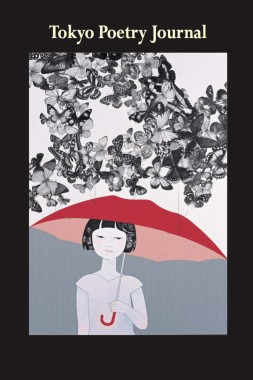
*Copies may be purchased at events or by contacting ToPoJo directly at topojo2015@gmail.com
Website



